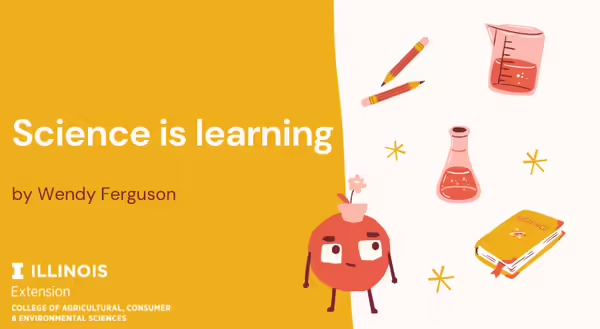
Sitting in Miss Hoover’s seventh grade science class I often thought how magical science seemed. Secrets of how things worked and behaved or how adding one chemical to another changed the color, all of it seemed almost unbelievable. In fact, it was more than just a magic trick. All of it was the result of painstaking observations, questions, experiments and data, always data.
This year has brought science itself under the microscope. Daily there are new updates on our scientists’ understanding of the COVID-19 virus, changes in recommendations and a dazzling array of individuals, scientists, doctors and politicians alike, disagreeing with the information. To call it confusing would be an understatement. So why is this happening?
Science is a measurable learning process. And cutting edge science is highly uncertain and often flat-out wrong. This is why there have been changes in the information being shared during this pandemic. No one has ever studied this particular virus before so it stands to reason that information will change the longer scientists study it and as more data becomes available. And that is okay. This is how science works.
Trained scientists never say their answer is 100% correct. They say things like “studies show” or the “consensus is”. The reason they do this is because science is forever changing as we study and learn more. Science is open minded and can and will change if enough new data is presented. As a result, answers change. And personally, I don’t think there will ever come a time when we “know it all”. Because there will always be another question.
So how do you know when to “trust” the data? Science is built upon repetition and peer review. If there is only one study showing a particular result, it is wise to use caution when accepting it as true.
Here are some simple questions to ask when evaluating a science related news story.
- Do they cite their sources (and can you find them)? Good science writing tells you where the ‘facts” come from and how to find the original material for yourself.
- Was the information peer reviewed? Peer review adds validation to the information presented. Other experts in the field looked at the information and concluded that the methods used in gathering the data followed good science practices.
- Who funded the study? Follow the money. Does the person presenting the information have a monetary incentive to have a certain result? This could influence the results.
- Are they an expert in that field? You wouldn’t go to a heart doctor if you had a problem with your eyes. The same holds true with scientists. They specialize just like doctors so look to someone trained in that field.
Today, science still seems pretty amazing to me. And I trust the process to unravel the mystery of this virus just like all of the other times when scientists observed, asked questions and recorded data on things like gravity or earthquakes or measles. We just need to stay tuned and trust the science.
Quick Tip: If the information is online, look at the URL, .org and .edu are better source choices for accurate information than .coms.